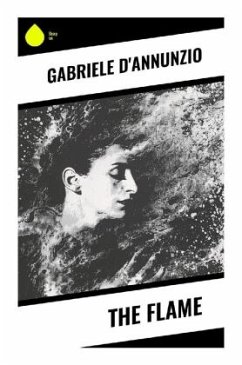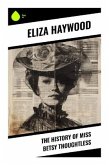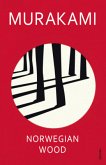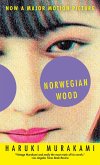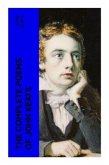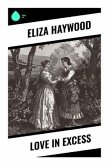Gabriele D'Annunzio's "The Flame" is a passionate exploration of desire and the complexities of love, interwoven with themes of aestheticism and existential inquiry. Written in a rich, lyrical style characteristic of D'Annunzio's oeuvre, the narrative unfolds through evocative imagery and eloquent prose, immersing the reader in a world where the nuances of human emotion are meticulously examined. This work reflects the decadent literary context of early 20th-century Italy, a time marked by tumultuous societal changes and a growing emphasis on individual experience and sensory perception. D'Annunzio, a key figure in Italian literature and politics, was influenced by his varied experiences as a poet, playwright, and nationalist. His life was characterized by a pursuit of beauty and an embrace of sensationalism, elements that permeate "The Flame." D'Annunzio's passionate ideals and tumultuous personal relationships undoubtedly informed his portrayal of love and longing, lending the narrative both authenticity and depth. Readers interested in the interplay of passion and artistry will find "The Flame" a captivating venture into the human condition. Its profound insights into love's duality and the pursuit of sensual fulfillment make it an essential read for those seeking literature that transcends mere narrative and delves into the complexities of existence.
Bitte wählen Sie Ihr Anliegen aus.
Rechnungen
Retourenschein anfordern
Bestellstatus
Storno

